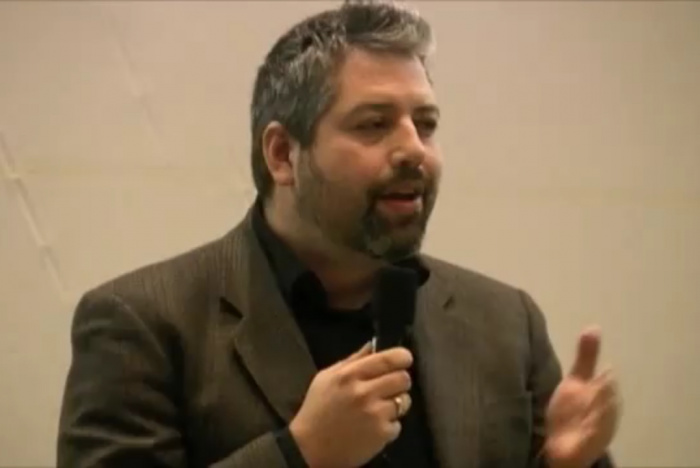Super-Consolidated TNC Control
Enviado por ETC Staff el
147 companies controlled nearly 40 percent of the monetary value of all transnational corporations in 2007.
That’s the finding of a new study published in July 2011 by researchers at Switzerland’s ETH Zürich, based on an analysis of 43,060 transnational corporations (TNCs) located in 116 countries. Just 737 firms account for 80% of the value of all TNCs.


